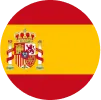Santa Marta, August 6, 2025. In a joint commitment to environmental sustainability, food security, and strengthen rural development, the Ministry of Science, Technology and Innovation (MinCiencias), the Ministry of Mines and Energy (MinEnergía), and Ecopetrol, with funding and technical support from the Colombian Institute of Petroleum and Energies of the Transition (Icpet, for its acronym in Spanish), endorse the development and implementation of technological and environmental solutions for carbon capture and storage in natural ecosystems.
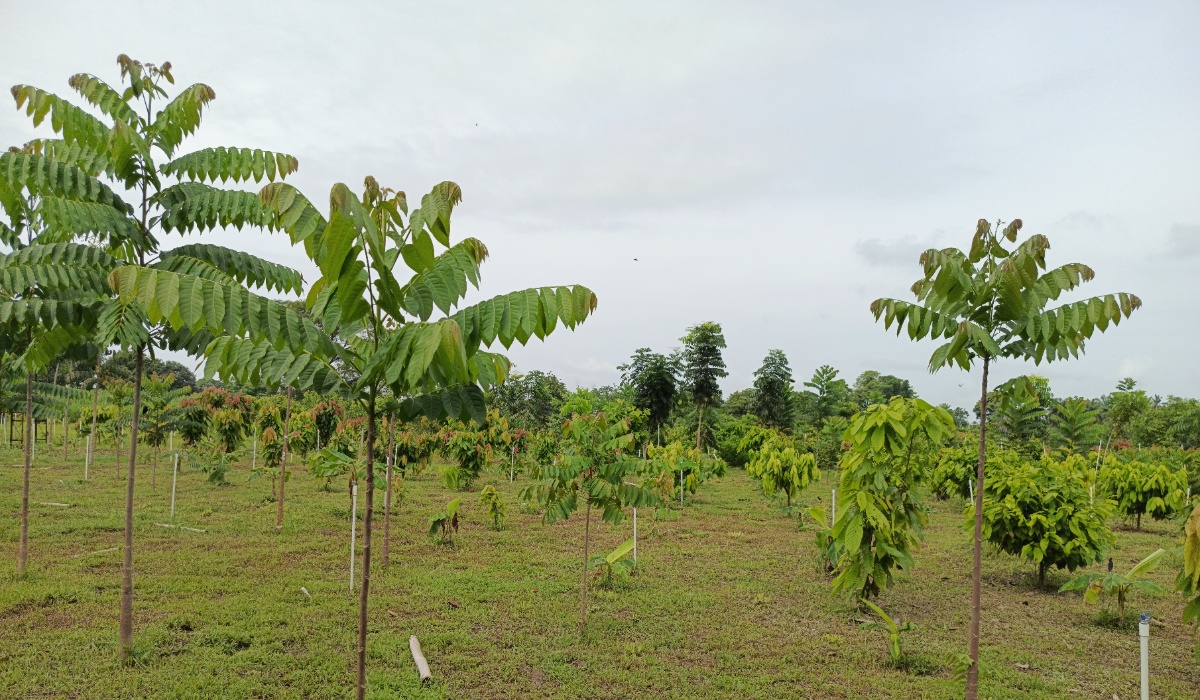
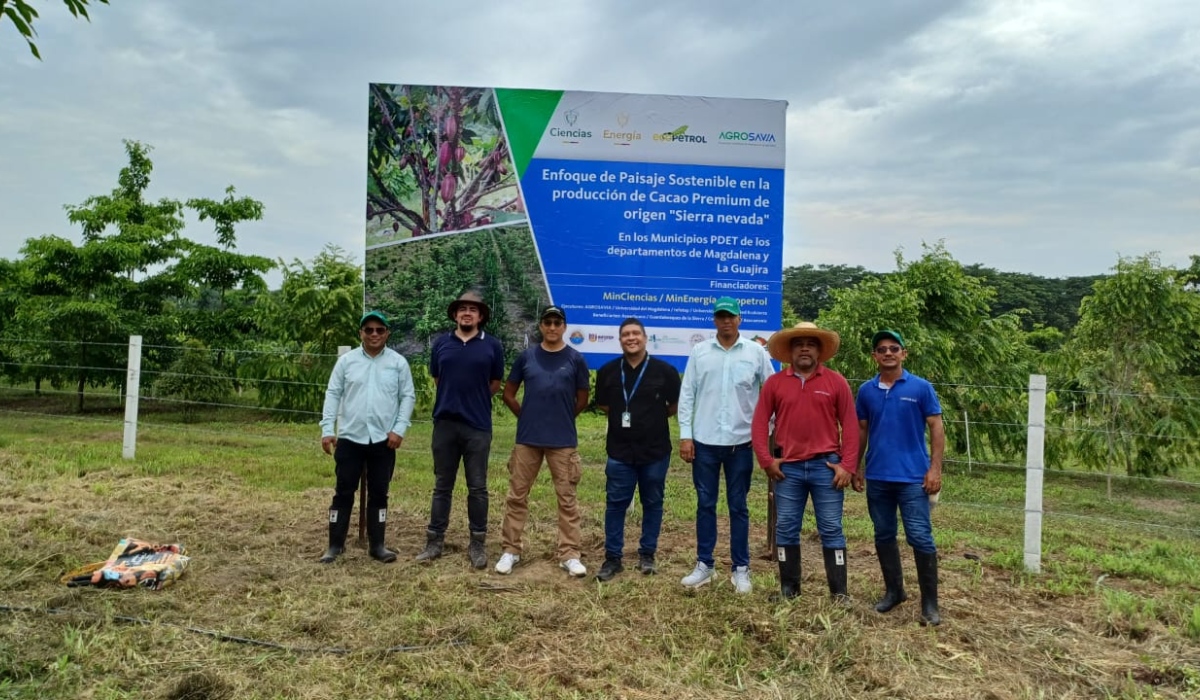
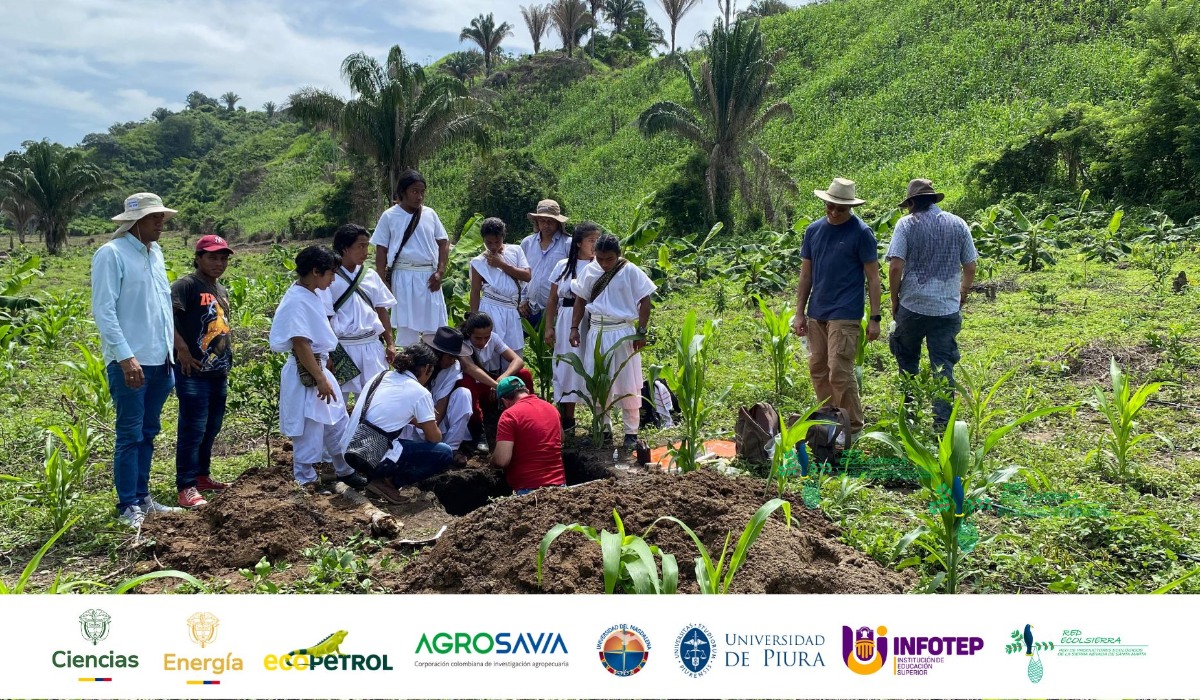
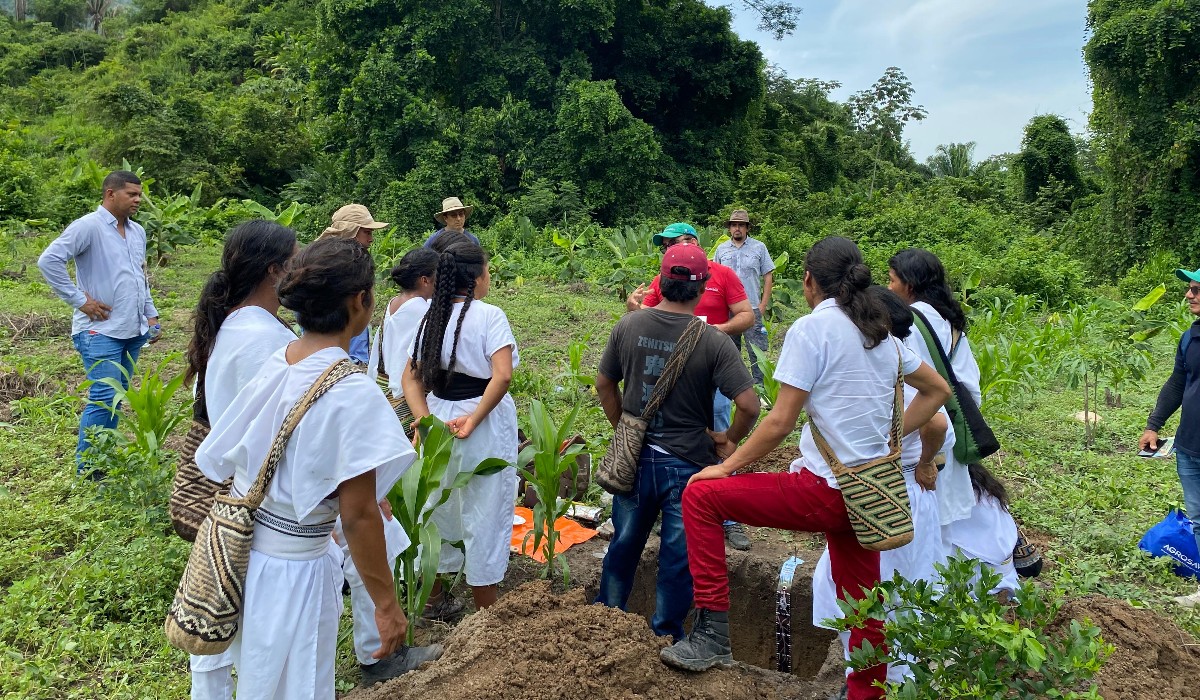
Within the framework of Call 929 of 2022, which aims to unite efforts among state entities, academia, and communities to promote technological and environmental solutions related to carbon capture and storage in strategic natural ecosystems, the project entitled "Sustainable Landscape Approach in the Production of Premium Origin Cacao 'Sierra Nevada' in Municipalities under the Development Programs with a Territorial Approach (PDET, for its acronym in Spanish) in the departments of Magdalena and La Guajira," was benefited. The project is led by AGROSAVIA in partnership with Universidad del Magdalena, Universidad de Piura (Peru), INFOTEP, and the Ecolsierra Network, with technical accompaniment from the Colombian Institute of Petroleum and Energies of the Transition (Icpet).
This project seeks to improve the living conditions of small-scale producers through sustainable agricultural practices that protect the environment, increase high-quality cacao productivity, and strengthen food security. The project includes diagnostics and monitoring of soil quality and health in the selected cacao-producing areas, an inventory of sources and measurement of greenhouse gas emissions, the production of vermicompost and compost on farms, which, combined with nanoparticles, allows measuring the increase in carbon capture and sequestration, the reduction of greenhouse gas emissions, an improvement of soil quality and health, plant nutrition, and the rational use of land.
A key aspect of this initiative is the participation of Indigenous communities such as the Arhuacos, enabling the integration of ancestral know-how (knowledge) with new agricultural practices, reinforcing food autonomy and respect for the sacred territory of the Sierra Nevada.
"This landscape approach not only enhances the quality of cacao as a symbol of origin but also promotes agroecological practices in the face of climate change and environmental degradation, from a comprehensive territorial perspective. The collaboration between institutions, producers, ethnic communities, and strategic partners allows us to move toward an inclusive and environmentally responsible development model," stated Marlon Yacomelo Hernández, Senior Master Researcher at the Caribia Research Center and leader of this initiative.
This type of project enables Colombia to move toward a more sustainable agriculture that protects ecosystems, boosts local economies, and offers new opportunities to historically neglected communities.
- More information here:
- Daniel Mulford Soto
- Communications, Identity and Corporate Relations Professional
- Research Center Caribia
- Communications, Identity and Corporate Relations Advisory Office
- dmulford@agrosavia.co
- AGROSAVIA

